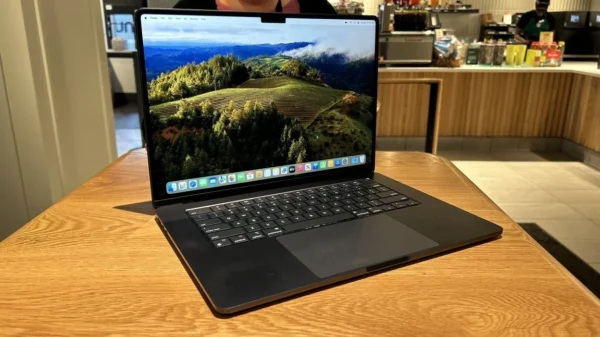RootMetrics, a company focused on surveying mobile networks, has released a report judging the quality of the four major U.S. carriers for the second half of 2016. According to the report, Verizon is the highest-rated overall network, followed by AT&T and Sprint. T-Mobile, as during the first half of 2016, remains in last place. Published on Thursday, the report describes with great detail the various elements of each carrier’s service, and provides in-depth numerical data on a variety of categories pertaining to each network.
In order to arrive at their results, RootMetrics engaged in highly extensive testing of a variety of situations. They conducted tests under the circumstances that they considered to most closely match real-world usage, including using smartphones while driving, walking, at day and at night, and by using data, calls, and texting. Additionally, they claim to have implemented a scientific methodology, in which they used large, randomized sample sizes, hypothesis testing, and statistics in order to provide an objective viewpoint.
The authors of the report organized their data into six categories: Overall, reliability, speed, data, call, and text, ranking each carrier on a scale from 1-100. Verizon’s overall score was an impressive 93.9; AT&T, 90.5; Sprint, 84.7; and T-Mobile 81.2.
The report’s key takeaways indicated that, while Verizon offered the best test results across the board, AT&T came in a close second. Although Sprint ranked third overall, they ranked highly in the areas of calling and texting. And T-Mobile, while ranked third or fourth in every category, has the potential to improve in the future as they are aggressively deploying advanced technological features such as Voice Over LTE, and 4×4 MIMO and a new Modulation Coding Scheme, which will enhance internet speeds over the network.
In addition to ranking networks across the entire United States, RootMetrics also provided more specialized data by ranking the quality of networks in each state, presenting their results both as a blog post and in the form of an interactive map. Unsurprisingly, Verizon demonstrated exceptional state-level testing results, even in suburban and rural areas, having benefited from a more thoroughly-developed LTE network. Both Spring and AT&T showed improvement at the state-level relative to the beginning of 2016, whereas T-Mobile continued to lag behind its competitors.
The third and final component of RootMetrics’ bi-annual report described the performance of each network in metropolitan areas. Despite T-Mobile’s reputation for providing fast and reliable service in cities, they again ranked poorly in these categories relative to the competition. Although all four networks provided strong results for speed and reliability, Verizon yet again outperformed the other networks. Of all the networks, T-Mobile provided the highest recorded median download speed of 50.4 Mbps in Lansing, MI, owing to their newer and more advanced LTE network; however, Verizon provided higher overall average speeds across cities.
Notably absent from RootMetrics’ otherwise very detailed report is a comparison of prices. From the point of view of the consumer, the price of a mobile network plan can make or break a decision of which carrier to use. According to CNET, Sprint offers the cheapest unlimited data plan at $50 per month, followed by T-Mobile at $70 per month, Verizon at $80 per month, and AT&T at $100 per month. Of course, each carrier provides a complex variety of different plans and pricing options, accommodating additional lines, mobile data hotspots, HD streaming video, and other features. As these variations are highly individualized, consumers will need to do their own research to determine which plans provide the best value for them. While RootMetrics’ report doesn’t provide any detailed analysis of the values of each plan, consumers can use the information from the report to inform their decision about which carrier is best for them.
Featured image via Openclipart

















































